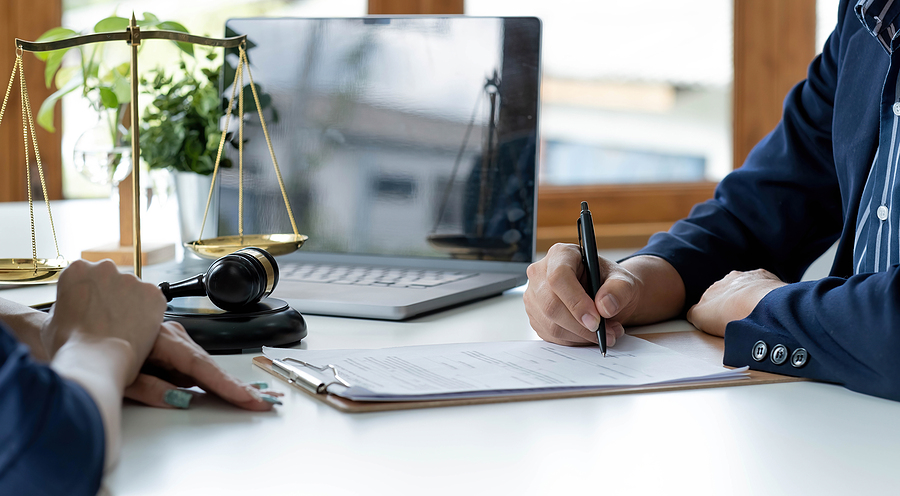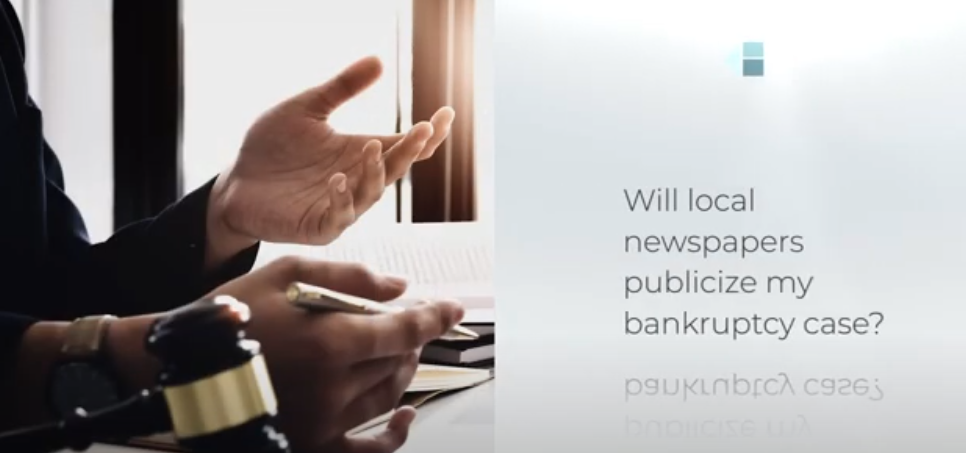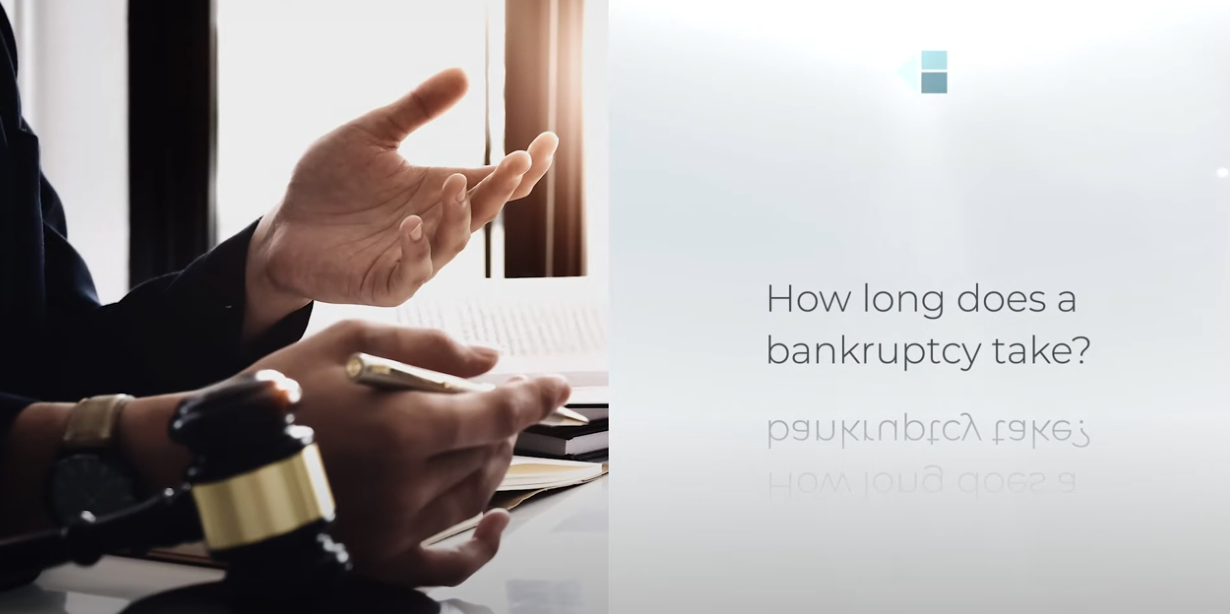Most people are seeing significant changes in their financial situations, and it is leading more people to consider personal bankruptcy as a means of getting their heads back above water. Due to overwhelming debts for things like student loans, car payments, and inflated housing prices, bankruptcy may be the best option for many people.
Before you decide to file for bankruptcy, discuss your case with a personal bankruptcy attorney. There are two types that your attorney may recommend: Chapter 7 and Chapter 13. These are the basic things that you need to know to decide between Chapter 7 and Chapter 13 bankruptcy.
How Bankruptcy Works
No matter which type of bankruptcy you file for, they all work similarly. Once filed, debtors cannot collect on their debts until told to by the court. That means that all attempts to collect from you are stopped. No more phone calls, letters, or messages trying to get you to pay. All of it is handled through the courts now.
Your lawyer manages the process of accounting for all of the debts that you owe, no matter how big or small. The information is turned over to the court, and you work with a judge and your lawyer to determine which debts need to be paid, when, and how.
The difference between the different types of bankruptcy starts here, in how you pay back the debts. Each type has its protections (or lack of protections) for specific assets while they all try to find a slightly different way of handling your debts. The debts and assets you have determine which type of bankruptcy is best for you.
Two Types of Debts
Before we go further, let’s discuss the two types of debt that are handled in a personal bankruptcy. They have secured debts and unsecured debts.
Secured Debt
Secured debts are things like your house and primary vehicle. These are things that have collateral against them (in these cases, the house and vehicle, respectively). If you don’t pay off the debt, the asset can be repossessed to recoup the costs.
Unsecured Debt
Unsecured debts are things like credit card debt where there is no collateral against it. If you fail to make payments, the credit card company can’t take your house. Instead, they can file a lawsuit to get it back.
Chapter 7 Discharges Unsecured Debts
In Chapter 7 bankruptcy, the focus is on getting rid of your unsecured debts. If you are $100,000 in credit card debt, owe $300,000 on a mortgage, and have a $40,000 car loan, Chapter 7 focuses on discharging just the credit card debt. You still owe on the mortgage and the vehicle.
Chapter 7 takes whatever assets you have and puts the value of them toward paying debts. If you don’t have the assets to cover your debt, the court may reduce the amount that you owe overall. This will heavily damage your credit score, though, but stops you from having to struggle to make payments since the debt will be gone.
Chapter 13 Protects Assets
Chapter 13 offers protection for critical assets like your house and car. All of your other debts are handled the same way as Chapter 7, but your house and vehicle cannot be repossessed or foreclosed to help pay that debt.
Furthermore, the court helps you develop a payment plan so that you can catch up on your house and car payments. That way, they cannot be reclaimed because of defaulting on the loans. At the end of five years, your debt is gone, and you still have your assets free and clear.
Schedule a Consultation With a Minnesota Bankruptcy Lawyer
Bankruptcy can be complicated, which is why you should discuss your case with a Minnesota bankruptcy lawyer before taking any action. It has a scary reputation, but filing for bankruptcy just may be the way out of a life of constant worry about debts.
If you are underwater and need help, contact Kain + Henehan by calling (612) 438-8006 or filling out the online form. We help clients every day who have fallen into hard times and need bankruptcy to get them back above water. Let us fight to help you breathe again without losing everything.







